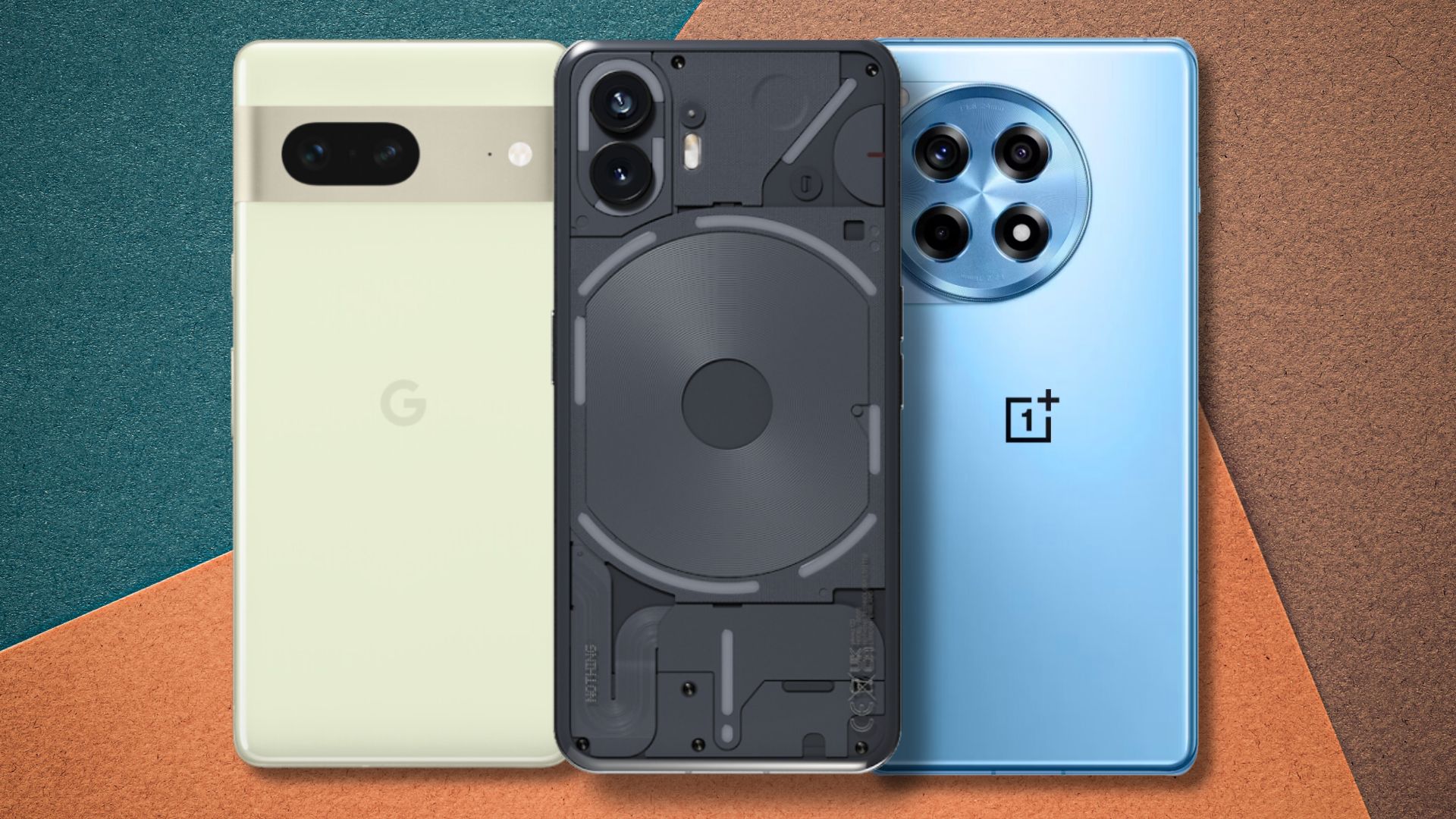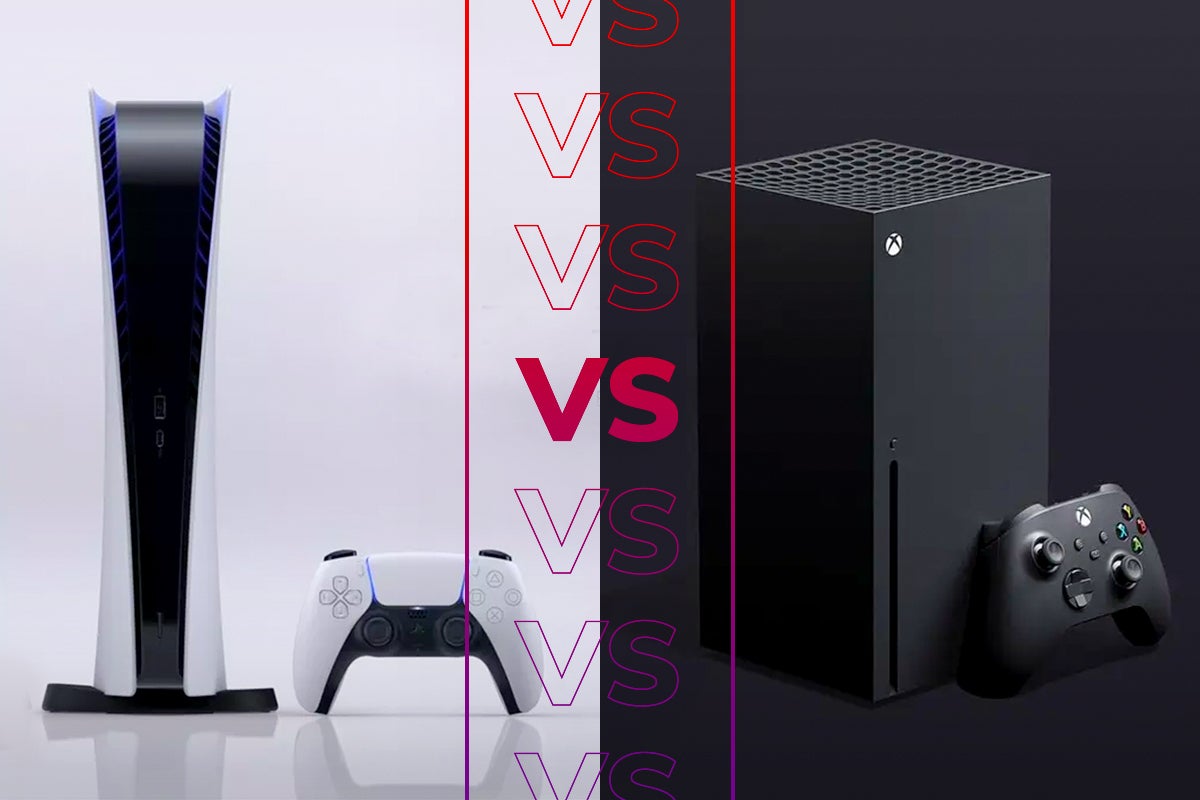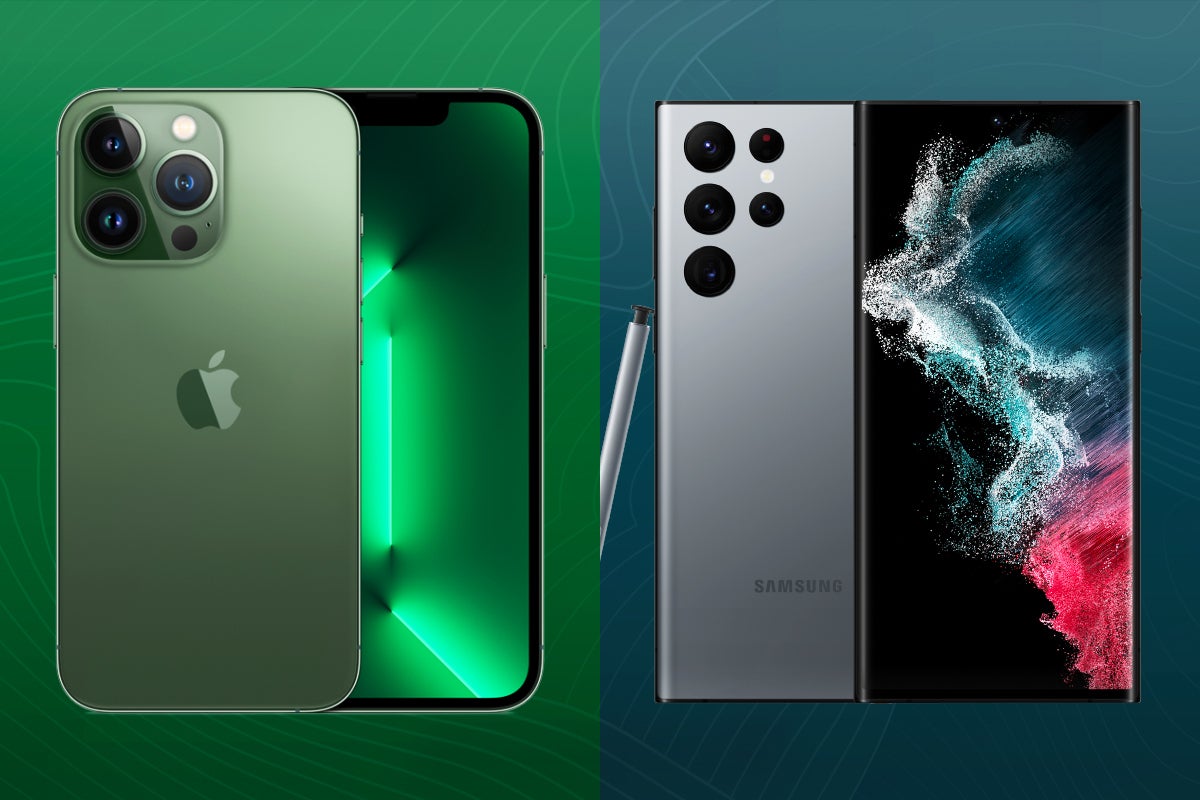Winners and Losers: Realme reaches impressive charging speeds as Xbox is excluded from releases
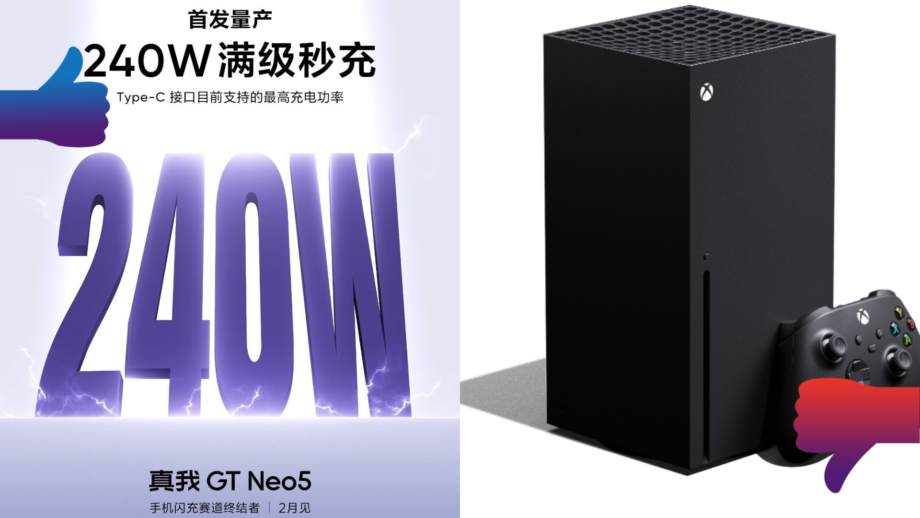
OPINION: As is the case every January, the Consumer Technology Association has kicked off the new year with a bang by inviting some of the biggest names in tech to showcase their upcoming products and concepts at CES 2023.
The Las Vegas conference hogged most of our attention this week, with major announcements from the likes of Samsung, LG, Nvidia, Intel and Lenovo (to name just a few).
However, we’ve decided to look elsewhere for this week’s winner and loser. Scroll down to find out who we picked and why.
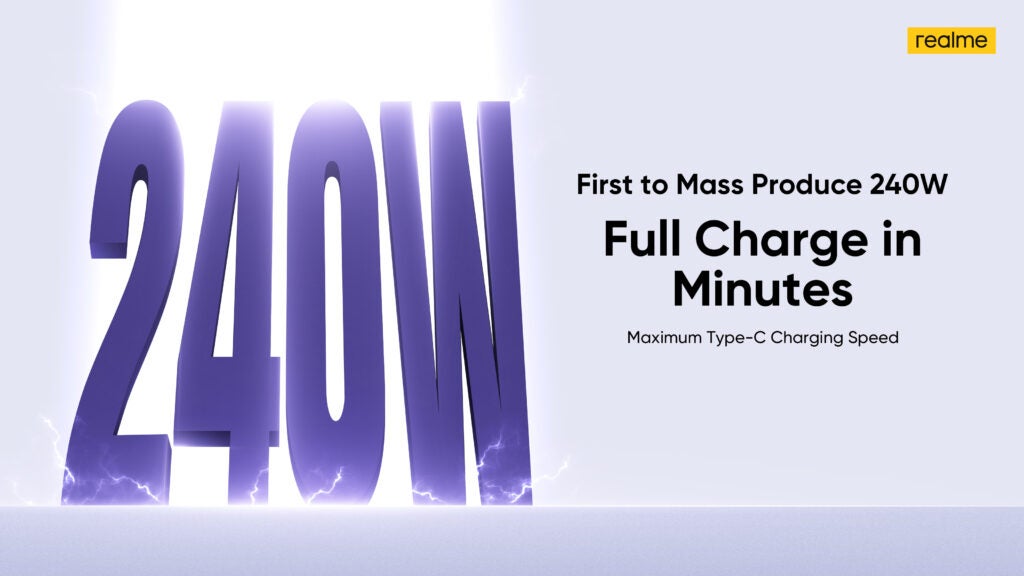
Winner: Realme
Realme is our winner after the company announced a phone capable of charging from 0 to 100% in a matter of minutes.
The Realme GT Neo 5 – which was unveiled in China this week – marks the first smartphone to offer 240W fast charging. 240W is actually the limit for USB-C charging, so it’d be pretty tough for a company to beat these speeds without moving beyond the current USB standard.
Realme hasn’t stated precisely how long the GT Neo 5 takes to charge, but the brand does say that the phone can achieve a “full charge in minutes”.
Considering it took us around 95 minutes to fully charge the iPhone 14 and 72 minutes to juice up the Samsung Galaxy S22, the GT Neo 5 certainly sounds impressive in this respect.
Realme has paired the phone with the world’s first 12A charging cable with four 21AWG wires and a dual GaN charging brick to make these speeds possible. There are also heat monitoring and fireproofing measures in place to ensure the phone is safe to charge at these blazing speeds.
We don’t yet know what the GT Neo 5 looks like nor do we know what else it has in store beyond its February release date in China, but the 240W charging system will reportedly be coming to the global market later this year.
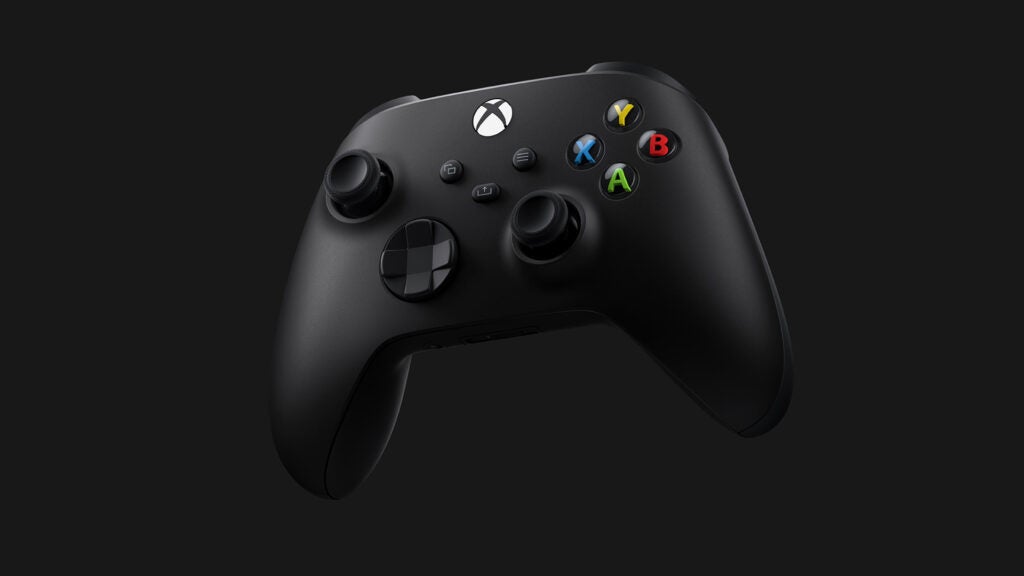
Loser: Microsoft
Our loser is Microsoft – or perhaps more accurately, Xbox gamers – after the company complained that Sony had made deals with publishers to exclude Xbox consoles from certain title releases.
The claim was made as part of Microsoft’s response to the UK Competition and Markets Authority (CMA)’s look into the gaming giant’s proposed acquisition of Activision Blizzard.
“In addition to having outright exclusive content, Sony has also entered into arrangements with third-party publishers which require the ‘exclusion’ of Xbox from the set of platforms these publishers can distribute their games on”, wrote Microsoft in a passage highlighted by KoreaXboxNews.
According to the document, this list of excluded games includes the Final Fantasy VII remake, Bloodborne, Final Fantasy XVI and the Silent Hill 2 remake.
The intent of this argument seems to lie in demonstrating how all the big gaming companies (Nintendo included) partake in exclusivity deals, but it mostly ended up just disappointing Final Fantasy fans hoping for an Xbox announcement this year.


